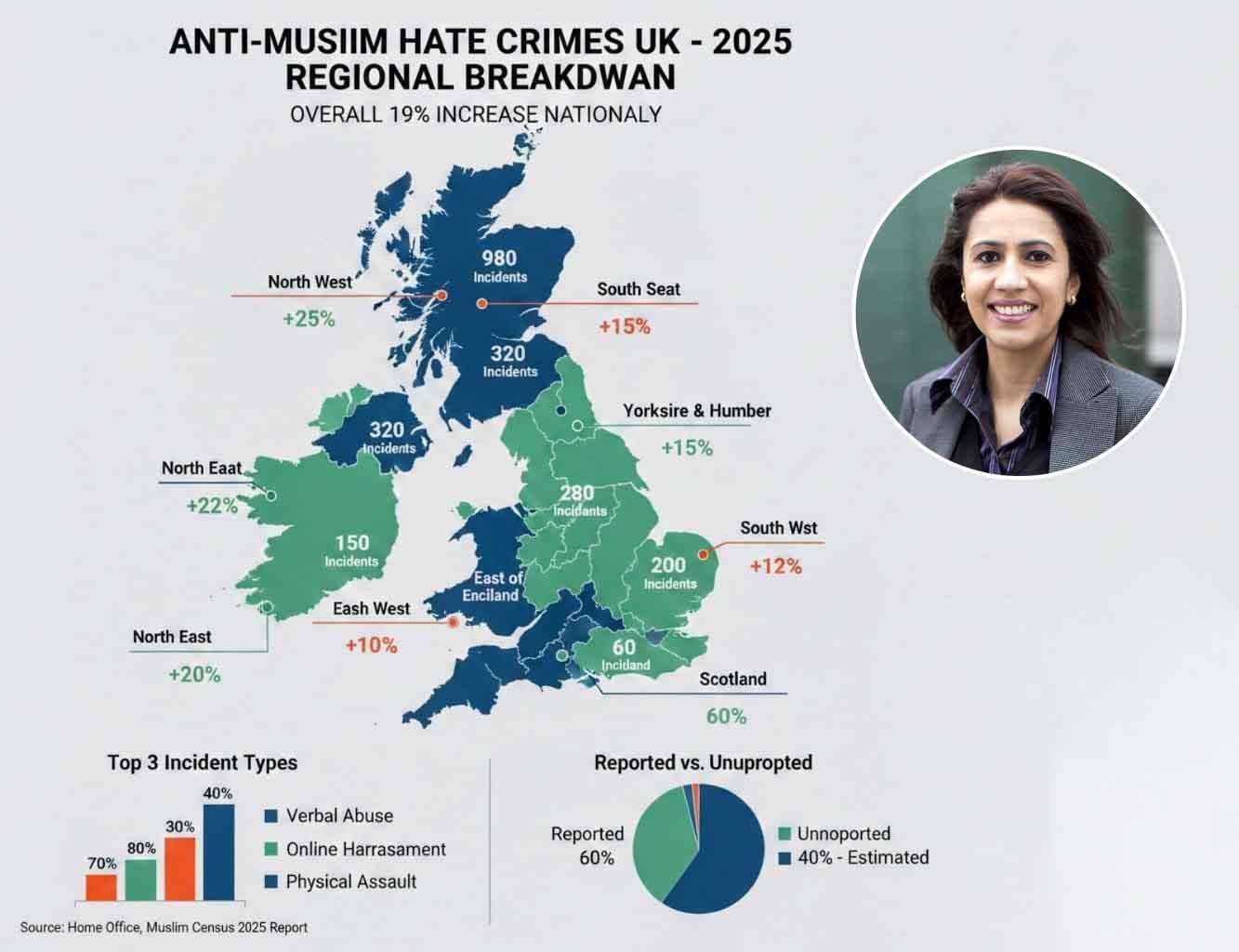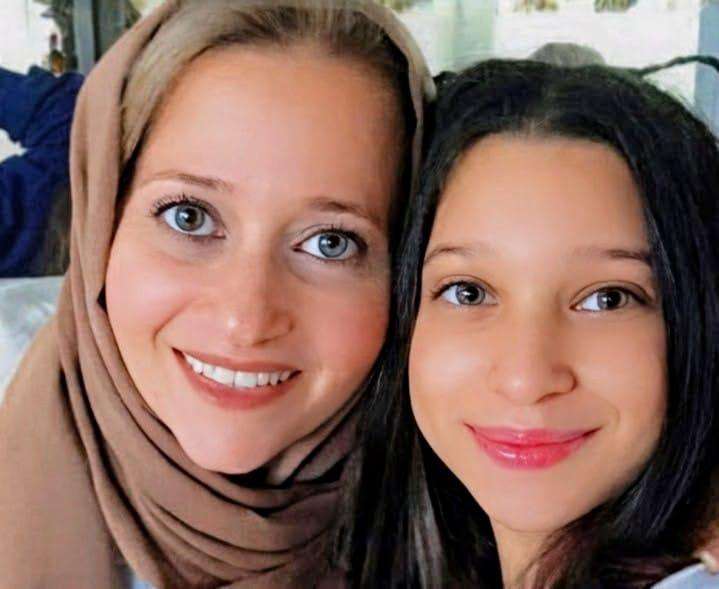The United Kingdom's Home Office policy is under fire for a distressing case of bureaucratic rigidity that has left a brilliant young Gazan student, Dania Alafranji, 16, stranded in a warzone and separated from her mother, while other European nations offer safe passage to scholars from the besieged region. Dania, accepted into the prestigious Nsouli Scholars Programme at Reddam House school in Berkshire over eighteen months ago, describes her life in Gaza as being "stuck in hell" because she has been unable to secure a UK visa.
Dania's story has become a potent symbol of the humiliation and helplessness felt by Gazan students whose educational futures are being sacrificed on the altar of inflexible immigration rules. "We can’t learn here, 90% of the schools and universities have been destroyed, and the rest are used as shelters," Dania shared, highlighting the total collapse of educational infrastructure. "The war is not my fault, and it’s not the fault of the other 600,000 Gazan students." An aspiring professional in cybersecurity, she has been forced to study online by herself for the last two years, trapped in an environment she describes as being "like an oven, and the fire is burning us not just from the outside but the inside as well."
The central obstacle is the Home Office’s age policy and the impossible demand for biometric data. While the UK has historically granted exceptions for young people from other conflict zones, such as Ukraine, the policy states that students must be 18 or over to be eligible for support. Crucially, in a catch-22, Dania is required to submit biometrics—fingerprints and photographs—for her visa, yet the necessary processing centres in Gaza are closed due to the ongoing conflict. Her mother, Hayat Ghalayini, who settled in Manchester months ago, spoke of her complete helplessness, stating, "They say that because she does not have a visa she cannot come, but she cannot get those things without leaving Gaza." She argues that officials who claim to "feel her pain" have done nothing to help her youngest daughter, whom she hasn't seen since she was 14.
This rigidity starkly contrasts with the humanitarian actions of other nations. Contemporaries of Dania have been successfully relocated to countries including Italy, Belgium, Ireland, and France, which have demonstrated flexibility and compassion by making exceptions based on the extreme circumstances in Gaza. Furthermore, numerous other Gazan students with fully funded UK university scholarships, many over the age of 18 and accepted into the Chevening Scholarship program, also remain stranded, unable to complete their visa applications due to the same biometric hurdle. The growing number of cases of trapped scholars underscores a systemic failing in the UK’s response, leading to widespread calls for a temporary biometric excusal to be granted to these individuals, allowing them safe passage to pursue the education that is their right.








.svg)

_1.jpg)
_2.jpg)